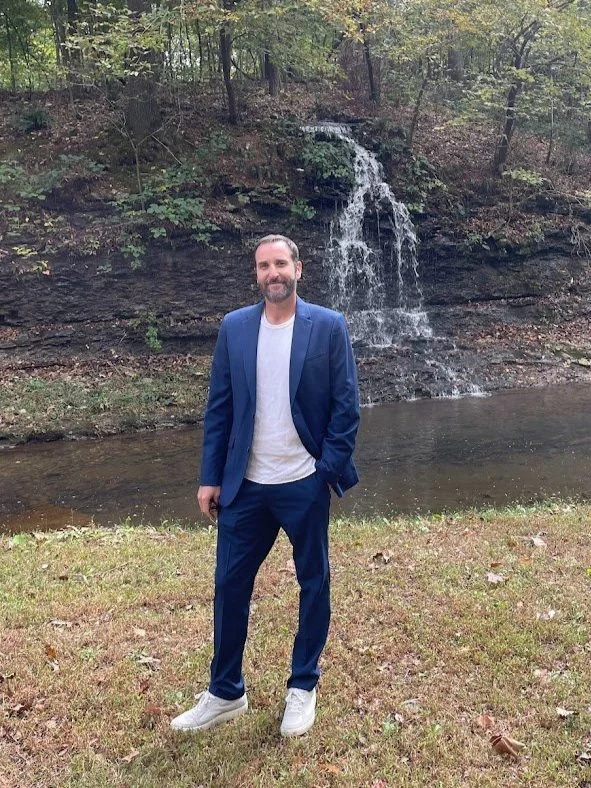
Counseling for Young Adults
Coming of age during this period of time reveals itself differently depending largely on how you see yourself and the world around you. It can be a time of great excitement accompanied by the sense of feeling like their are unlimited possibilities before you. Conversely and if you are struggling with depression and/or anxiety or a general sense of confusion about what choices to make, it can be hard to find your path.
The truth about this time in your development is you are not supposed to have it all worked out. Some confusion and uncertainty is healthy and where growth often springs from. However, too much confusion can lead to feeling stuck and increase mental health symptoms.
Counseling can be one of the tools that you can harness to work through mental health symptoms that have been hampering your development. Furthermore, young adults are often the most ready to make use of therapy due to their openness to try new things as well as see things from different perspectives. Risk taking is the currency of adolescence and young adulthood, and therapy can be seen as a health risk that can lead to a better version of yourself.
FAQs About Counseling for Young Adults
-
Many young adults carry the message inside of them that they need to fix things on their own. Furthermore, that asking for help is a sign of weakness.
Therapy is the process of developing more agency for yourself, becoming stronger, and leveraging collaboration with another person to be able to “fix more” things in your life.
-
Therapy is helpful for people with significant challenges as well as those wanting to better understand themselves, grow in relationships, develop new habits and let go of bad ones, and launch into their adulthood with intentionality.
-
While having good friendships is crucial to having a good life, a therapist is trained to recognize patterns in your life and maintain a more neutral stance to assist you in developing self-awareness that many find to be profoundly helpful in improving your life.
-
Talk therapy takes on all sorts of different forms depending on the nature of the problem being addressed and the person’s goals. Therapy can often be present oriented, future focused, and explore history when indicated. However, much of “good therapy” is often spent on the here and now.

